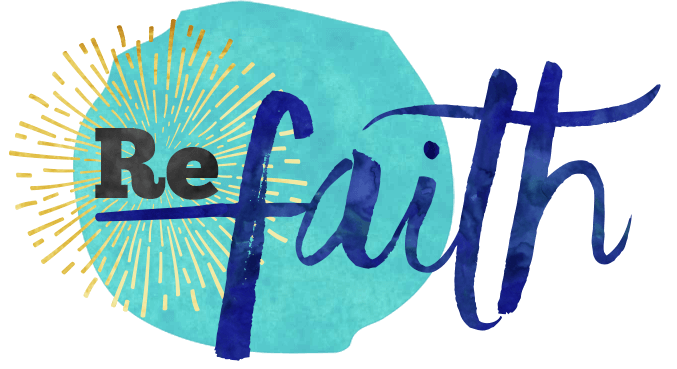They devoted themselves to the apostles’ teaching and to fellowship, to the breaking of bread and to prayer.
-Acts 2:42
This simple passage outlines a simple community: the earliest Christian church. It was a church founded quietly; a church whose meetings were not held before ornate cathedra, but rather in the dwellings of the faithful; a church full of simple love for their community and their God.
“We gather face-to-face in those ancient Christian ways – with worship and bible study,” says Jason Chesnut, founder of Baltimore’s The Slate Project, via email. According to The Slate Project’s website, they “are a new kind of Christian community both online and face-to-face… committed to following the way of Jesus together, into our local and digital neighborhoods, and discerning together how to be the church in the 21st century.”
Wait, Online? Digital Neighborhoods? The church in the 21st century? This worship community doesn’t sound much like the church described in Acts 2:42. But that wasn’t exactly the worship community Chesnut was trying to create. Instead, he envisioned a sort of a return to the ecclesiastical drawing board, a church with a clean “slate” so to speak.
“I was given money from a local church (part of the Evangelical Lutheran Church in America) and their endowment. I was only given one stipulation: create a new worshipping community,” says Chesnut, who is also one of The Slate Project’s three pastors.
“Given that, I went back to my passion around social media, and the need for the church to have a real presence in that arena. I started making weekly videos and posting them to YouTube (and then Facebook and Twitter) – and doing my work in coffee shops in the neighborhood.
“I wanted to be present in both digital and face-to-face gathering spaces from the start.”
“I wanted to be present in both digital and face-to-face gathering spaces from the start.”
Weekly, The Slate Project hosts the in-person services #BreakingBread, which aims to “recover that rhythm of ancient worship, while also connecting to our modern reality,” and #WakeUpWordUp, a morning exploration of “stories that form the basis of the radical Jesus movement” serving “fresh coffee, cinnamon rolls, and some subversive Good News from the Scripture.”
Chesnut admits that it is a challenge to create daily content for multiple online platforms & communities in addition to weekly services. But he has a strong belief in the Book of James and it’s teaching that faith without works is dead. This, he says, motivates him beyond what he sees as shallow faith practices. The greatest looming challenge for The Slate Project, however, is one that plagues most everyone.
“Right now, we’re dealing with existential problems – how do we keep going as a community? I’m inviting different communities to be financial partners,” says Chesnut. “Unfortunately (or fortunately?), I am convinced that ministries like ours won’t be ‘self-sustaining’ for a long time, and that the Acts 2 community shows a model for how churches can support each other – the ones in the center using their resources to support the ministries on the edge.”
For now, Chesnut, along with co-pastors Jenn DiFrancesco (Presbyterian) and Sara Shisler Goff (Episcopalian) will continue to plot a new course for the modern church. A course informed by tradition, but firmly rooted in our modern world.
“We’re trying something brand-new. We’re sort of like the Research & Development wing of the church – going out into the future, on the edges, trying stuff out, seeing what works. Some of it might not make sense within the boundaries of the traditional church, but it doesn’t make it any less faithful.”
